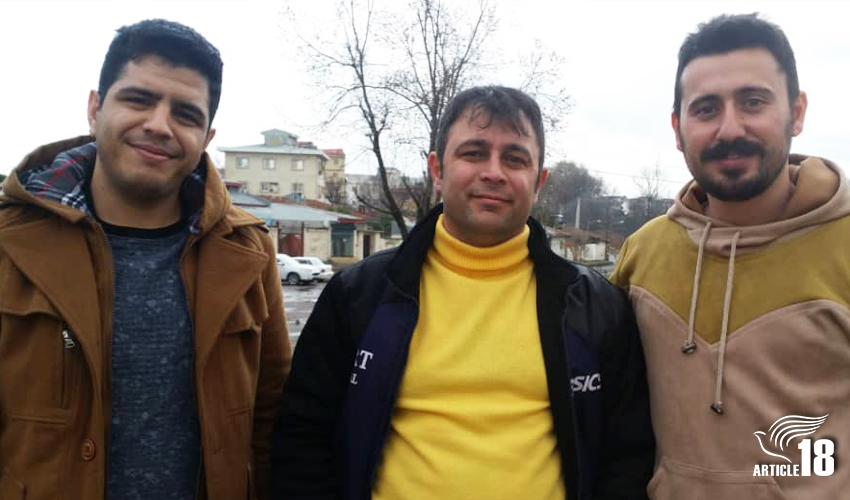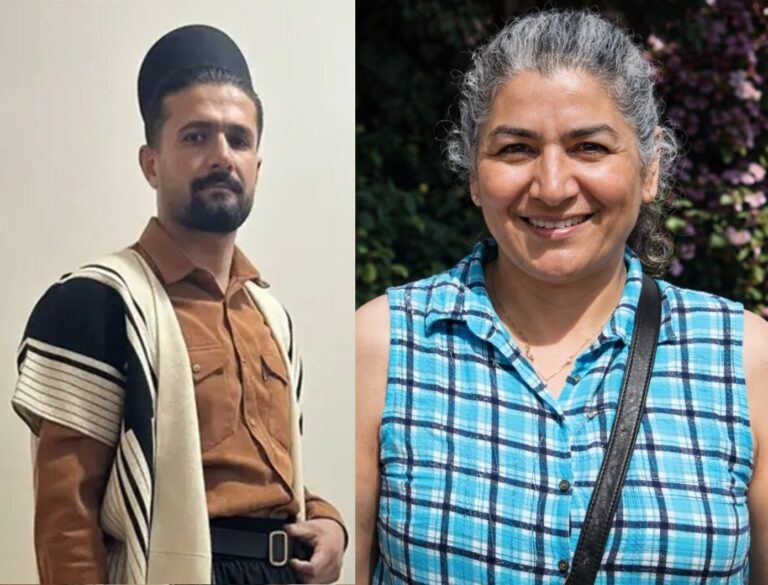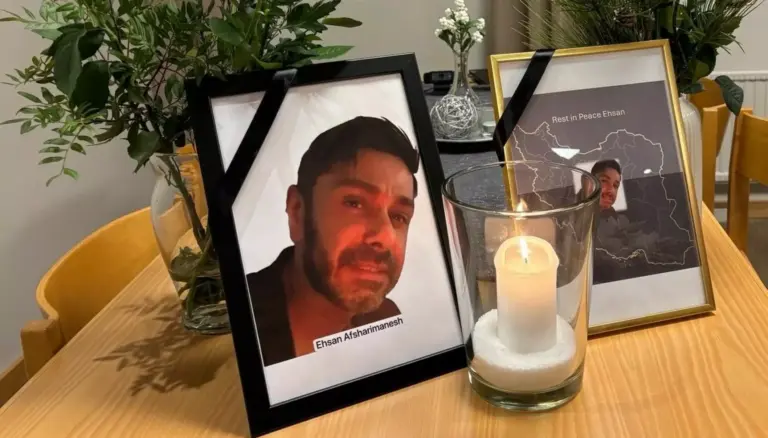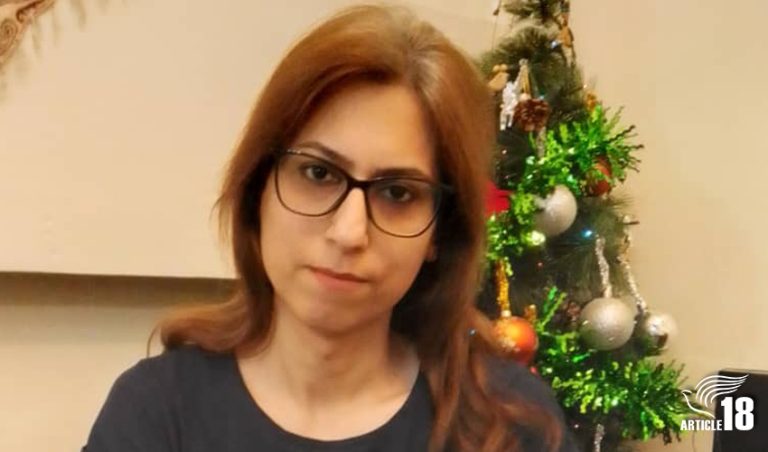
Three converts have been sentenced to five years in prison for “engaging in propaganda and education of deviant beliefs contrary to the holy Sharia” and “connections with foreign leaders”.
Ahmad Sarparast, Morteza Mashoodkari, and Ayoob Poor-Rezazadeh were informed of the verdict on Saturday at Branch 2 of the Revolutionary Court in Rasht.
The three men, who were also fined 18 million tomans (around $750), were convicted under the amended Article 500 of Iran’s penal code following legal proceedings that were later heavily criticised by their lawyer, Iman Soleimani.
Mr Soleimani, who accompanied the men to court to receive the verdict, complained that his clients had been convicted only on the basis of the claims of intelligence agents of the Revolutionary Guards Corps (IRGC); that the judge, Mohammad Hossein Hosseinpour, had also taken on the role of accuser; and that there was no legal justification for the sentences, as his clients’ only “crime” had been to meet together for prayer and worship.
A religious assembly, Mr Soleimani said, could not be considered an “action against the state”, while although Iran’s constitution forbids “inquisition” into a person’s beliefs, the judge’s very first question had been about their beliefs, and their confirmation of them drew an angry response. Their beliefs were later also referenced in the verdict.
The three men have decided to appeal against the sentences, despite being told by the judge that if they accepted them and “remained quiet”, their sentences would be reduced by one-quarter, and they may also be more favourably treated in prison, such as being eligible in time for furlough, conditional release, or freed to serve their sentences at home with an electronic tag.
However, they maintain that they have done nothing wrong, and therefore are not willing to simply remain quiet and accept their lot.
Mr Soleimani, writing on Twitter, said: “I’ve been involved with this case from the beginning, and volumes of unspoken stories could be written regarding the shortcomings of how the arrest and preliminary investigations took place, the illegal proceedings in the Revolutionary Court in Rasht, and even the way my defendants were wrongfully condemned for someone else’s interview about them with Iran International.”
In another post, he wrote: “Unfortunately, in political and ‘security’ cases, the judges are under a lot of pressure from the arresting agents, and some independent judges have openly stated this in the presence of lawyers and defendants, and complained about this situation and the fact that they can also face charges themselves if they do not comply.”
Mr Soleimani added that the judge in Ahmad, Morteza and Ayoob’s case had even indicated to him that he was under pressure to give the men the maximum possible sentences.
Article18’s advocacy director, Mansour Borji, commented: “The verdict in this case is typical of arbitrary sentences, stating only that the individuals were convicted because they had remained ‘persistent in their beliefs’. This is clearly a violation of the Iranian constitution, and contrary to the repeated claims of regime officials that ‘no-one is imprisoned because of their beliefs’. The conviction is also based only on the reports of interrogators – nothing more – and is therefore entirely devoid of any legal justification. The proceedings in this case also clearly debunk Iranian officials’ claims, repeated constantly to international media, that the judiciary is independent.”
Background
Ahmad, Morteza and Ayoob were arrested in September 2021, and taken to a detention centre belonging to the IRGC, where they were held in solitary confinement.
Ahmad and Morteza were released on bail after 17 days, but there were concerns for Ayoob, who was not heard from at all until a month after his arrest.
The three men were charged on 25 January 2022, and are now the second group of converts to have been convicted under Article 500 since its amendment last year.
In June last year, Milad Goodarzi, Amin Khaki, and Alireza Nourmohammadi from Karaj also received five-year sentences, later reduced to three years on appeal. They are now serving those sentences.
All six men are from the non-Trinitarian “Church of Iran” denomination, which has been especially targeted in recent years.
In Ahmad, Morteza and Ayoob’s case, the prosecutor called them “Satan-worshippers who believe in the end of the world, the divisions between sects and races, the return of the Jews to their promised land, and the superiority of this race [Jews] to others, which proves the claim that they are working for foreign elements”.
And while this denomination has non-traditional views regarding the Trinity, much of the rest of its teachings are entirely in keeping with the wider Church, making allegations of “Satan worship” seem an obvious attempt to vilify the group and lessen public sympathy for them.
Article18’s advocacy director, Mansour Borji, commented: “This kind of labelling of a religious group, whatever their belief, in an official court document, shows a clear disregard by the Iranian authorities of their responsibilities as signatories to the International Covenant on Civil and Political Rights, which protects the rights to freedom of belief for all citizens, whatever those beliefs are.”
He added: “Even the wording of Article 500 is at odds with Iran’s responsibilities in this regard, as it is clearly not the state’s job to decide whether an individual’s beliefs are ‘normal’ or not, let alone to prosecute them for these beliefs.”
In their last defence in February, the three men said they were “just Christians worshipping according to the Bible” and “have not engaged in any propaganda against the regime or any action against national security”.
They also denied receiving any funds from abroad, and no evidence was provided to support this claim.



0 Comments
Trackbacks/Pingbacks